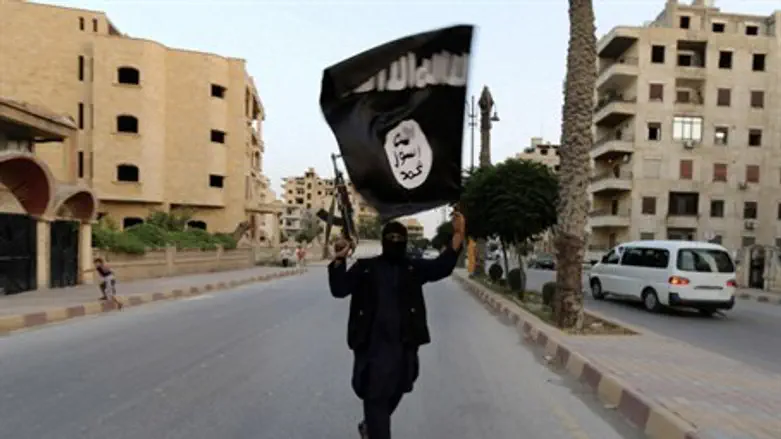
The US Air Force has launched it first strikes on Islamist terrorists from the "Islamic State" terror organization in Iraq.
Pentagon sources say airstrikes targeted artillery positions being used to shell Kurdish forces defending the northern city of Irbil, 88 kilometers east of Iraq's second city of Mosul, which was seized by Islamists in June. Irbil is the capital of the Kurdish Regional Government, where thousands of non-Muslim refugees have fled to escape the Islamic State's deadly advance.
US President Barack Obama has authorized "limited airstrikes" against the Islamic State of Iraq and the Levant (ISIS) in Iraq, he said during a Thursday night press conference.
The announcement surfaced hours after White House spokesman Josh Earnest said that Washington was "very concerned" over the "humanitarian catastrophe" developing there.
“When many thousands of innocent civilians are in danger of being wiped out, and we have the capacity to help, we will take action,” Obama said. “When we have the unique capabilities to help avert a massacre, then I believe the United States of America cannot turn a blind eye.”
Obama dismissed fears of the US entering into another direct conflict in the region, however.
“As Commander in Chief, I will not allow the United States to be dragged into fighting another war in Iraq,” he said. “American combat troops will not be returning to fight in Iraq."
According to TIME, the White House spent much of Thursday evening notifying lawmakers of the decision, but did not secure specific Congressional authorization for the move.
The White House has also authorized a series of humanitarian airdrops, and an anonymous Administration official stated to the daily that US forces stand at the ready to provide more.
“We will continue to provide airdrops, should we see a need, and we expect that need to continue,” the official said.
Humanitarian aid is aimed for the ethnic Yazidis, who were protected by Kurdish forces until earlier this week. Over 200,000 Yazidi have been exiled from Iraq so far, forced to flee due to the ISIS's campaign of ethnic cleansing.
Approximately 50,000 Yazidi are estimated to have been left stranded in the Sinjar Mountains with no food, water or medical supplies, after Kurdish forces retreated in the face of Islamist advances.
The revelation prompted the Kurds to call on Washington to help, after experiencing difficulty getting in touch with the refugees.
